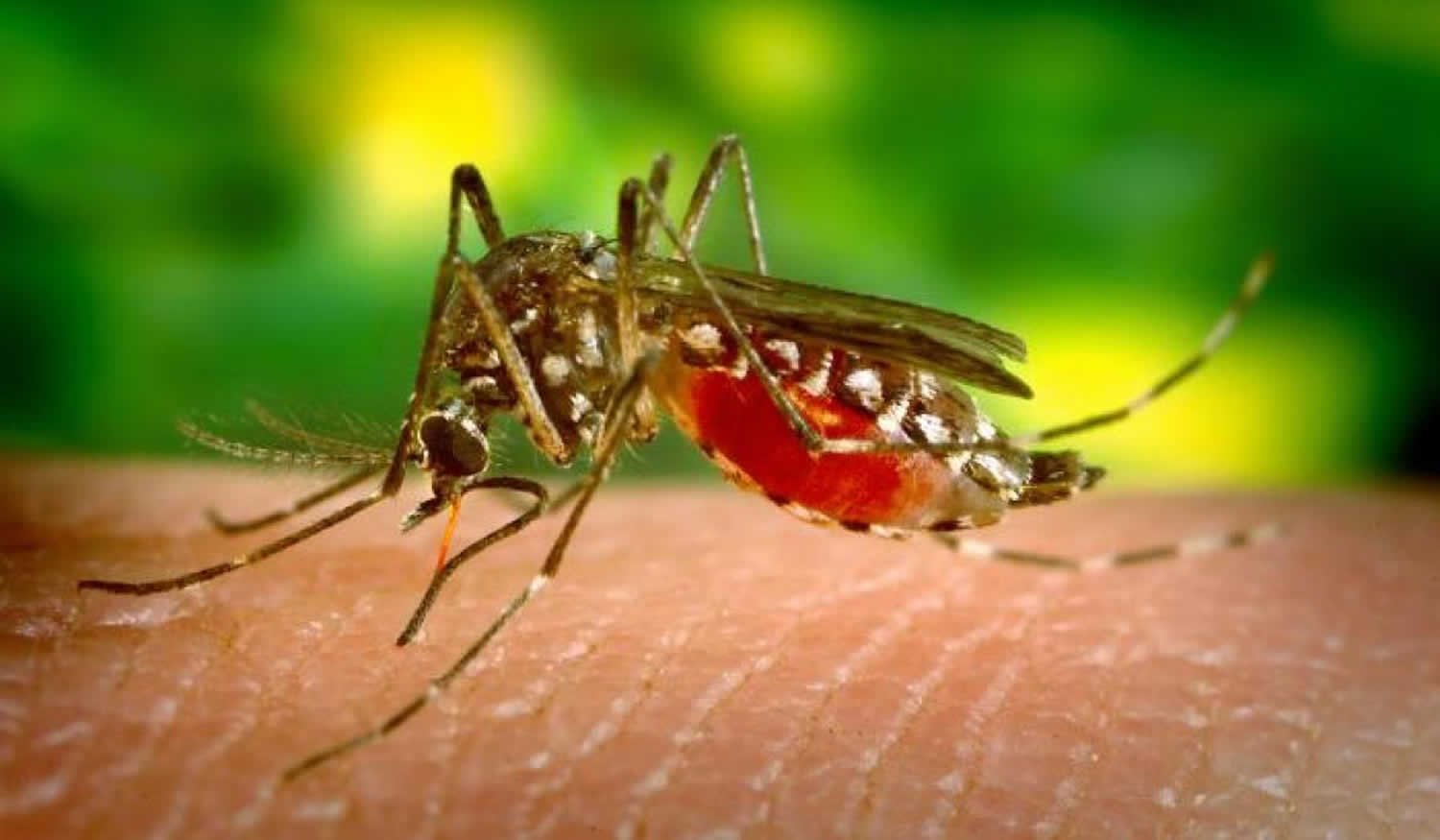- Empty cart.
- Continue Shopping
How to Recognize Early Signs of Malaria in Nigeria

Malaria is a prevalent and potentially life-threatening disease in Nigeria, particularly in tropical and subtropical regions. Recognizing the early signs of malaria is crucial for prompt diagnosis and treatment.
Understanding Malaria
Malaria Parasite
Malaria is caused by Plasmodium parasites, which are transmitted to humans through the bite of infected female Anopheles mosquitoes.
Prevalence in Nigeria
Nigeria has one of the highest malaria burdens globally, with millions of cases reported annually. It affects individuals of all ages but poses a significant risk to pregnant women and children under five.
Early Signs and Symptoms
Fever
The most common early symptom of malaria is a high fever, often with sudden onset. The fever may be cyclical, with symptoms recurring every 48 to 72 hours, depending on the type of Plasmodium parasite involved.
Chills and Sweats
Patients with malaria frequently experience chills and profuse sweating, often during fever episodes.
Headache
Headaches are a common symptom, and they can range from mild discomfort to severe migraines.
Muscle and Joint Pain
Malaria can cause muscle and joint pain, leading to aching and stiffness throughout the body.
Fatigue
Excessive fatigue and weakness are typical early signs of malaria, often accompanied by a general feeling of malaise.
Nausea and Vomiting
Nausea and vomiting are frequent symptoms, especially in severe malaria cases. These symptoms can lead to dehydration if not managed properly.
Additional Symptoms
Abdominal Pain
Some individuals with malaria may experience abdominal pain or discomfort, often accompanied by diarrhea.
Anemia
Malaria can lead to anemia, which results in pale skin, weakness, and fatigue. This is particularly concerning in children and pregnant women.
Jaundice
In severe cases, malaria can lead to jaundice, characterized by yellowing of the skin and eyes.
Neurological Symptoms
In rare cases, malaria can affect the central nervous system, leading to seizures, confusion, and other neurological symptoms.
Seeking Medical Attention
Prompt Diagnosis
If you experience symptoms consistent with malaria, seek medical attention promptly. Early diagnosis and treatment are essential to prevent complications.
Diagnostic Tests
Malaria can be diagnosed through blood tests, including rapid diagnostic tests (RDTs) and microscopy to identify the Plasmodium parasite.
Adequate Treatment
Malaria is treatable with specific antimalarial medications prescribed by a healthcare professional. Completing the full course of treatment is crucial to ensure the parasites are completely eradicated.
Preventive Measures
Mosquito Control
Prevent mosquito bites by using insect repellent, wearing long-sleeved clothing, and using bed nets, especially during nighttime.
Antimalarial Medications
If you live in or plan to travel to malaria-endemic areas in Nigeria, consult a healthcare provider about appropriate antimalarial prophylaxis.
Environmental Measures
Reduce mosquito breeding sites by eliminating stagnant water around your home and ensuring proper drainage.
In conclusion, recognizing the early signs of malaria is vital in Nigeria, where the disease is widespread. Fever, chills, headaches, and fatigue are typical symptoms that should not be ignored. If you experience any of these signs, seek medical attention promptly for proper diagnosis and treatment. Preventive measures, such as mosquito control and antimalarial medications, are also essential in reducing the risk of malaria in malaria-endemic areas like Nigeria. Education and awareness play a crucial role in managing and combating this widespread health issue.








